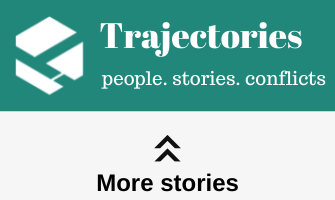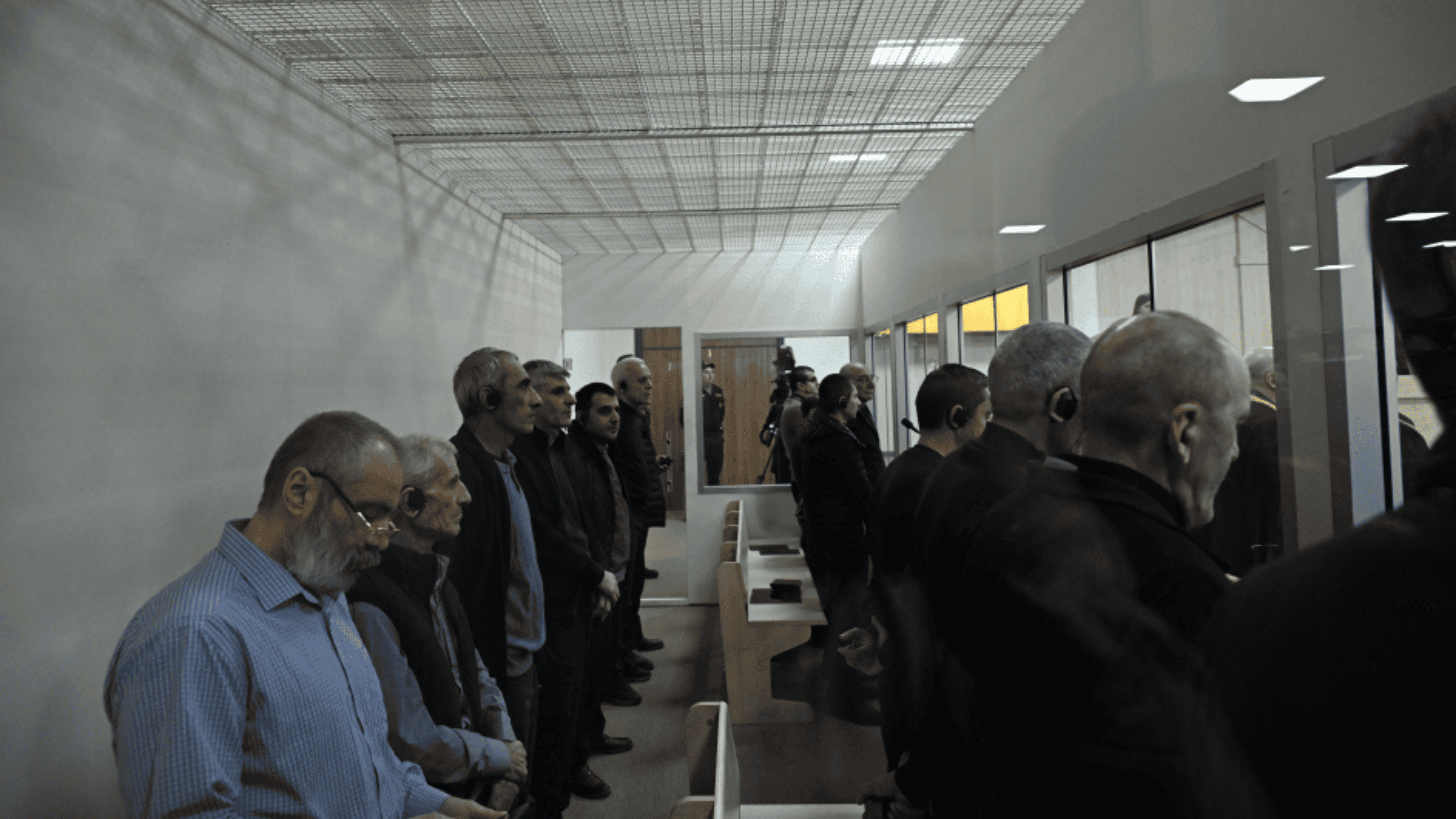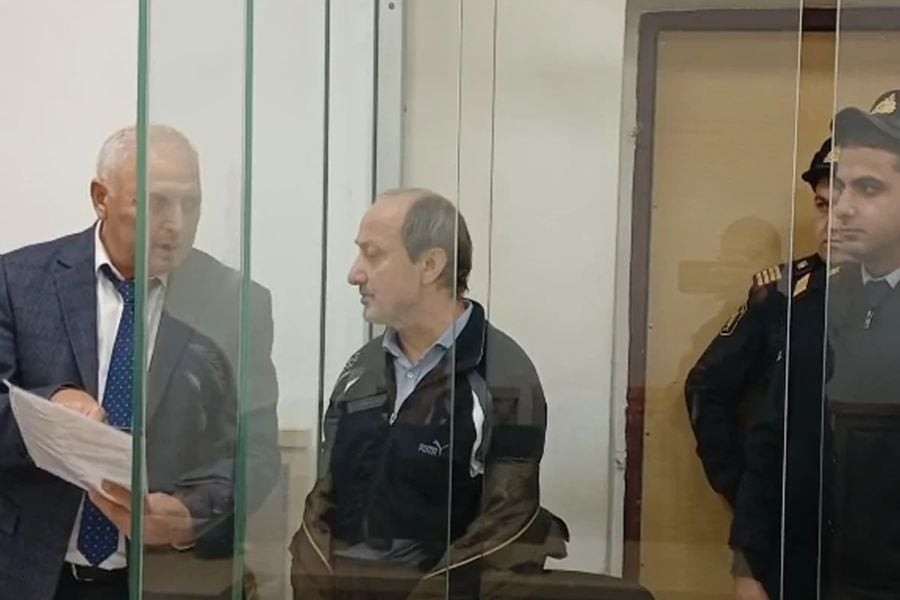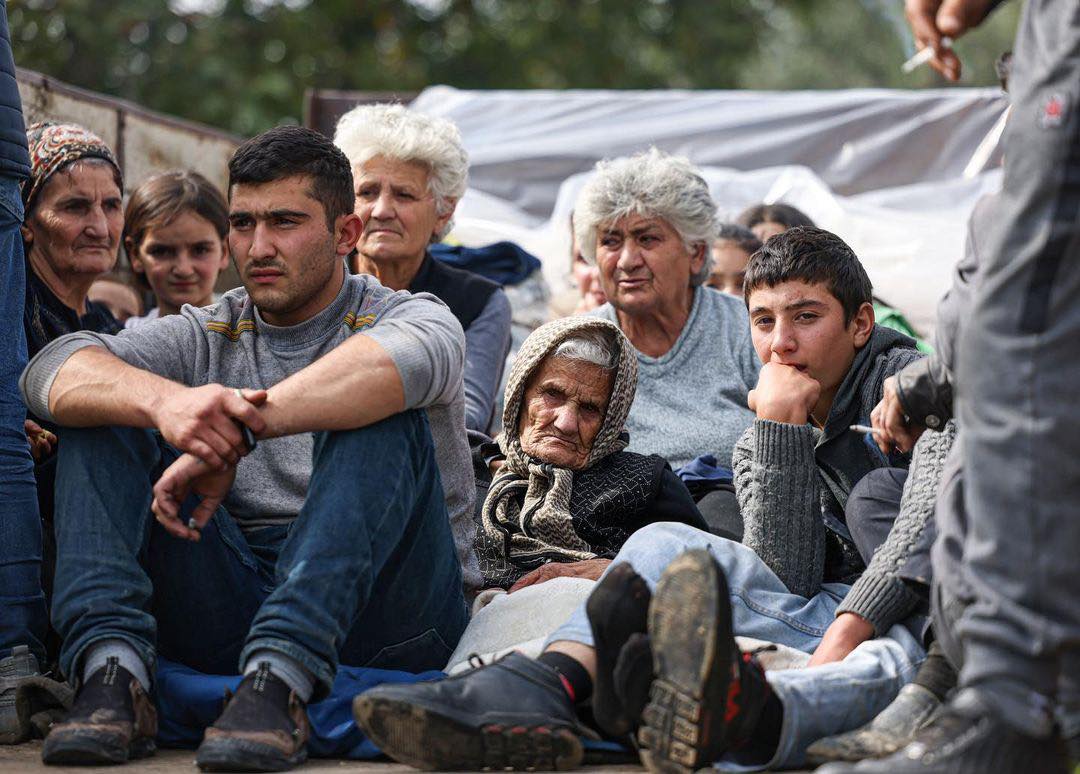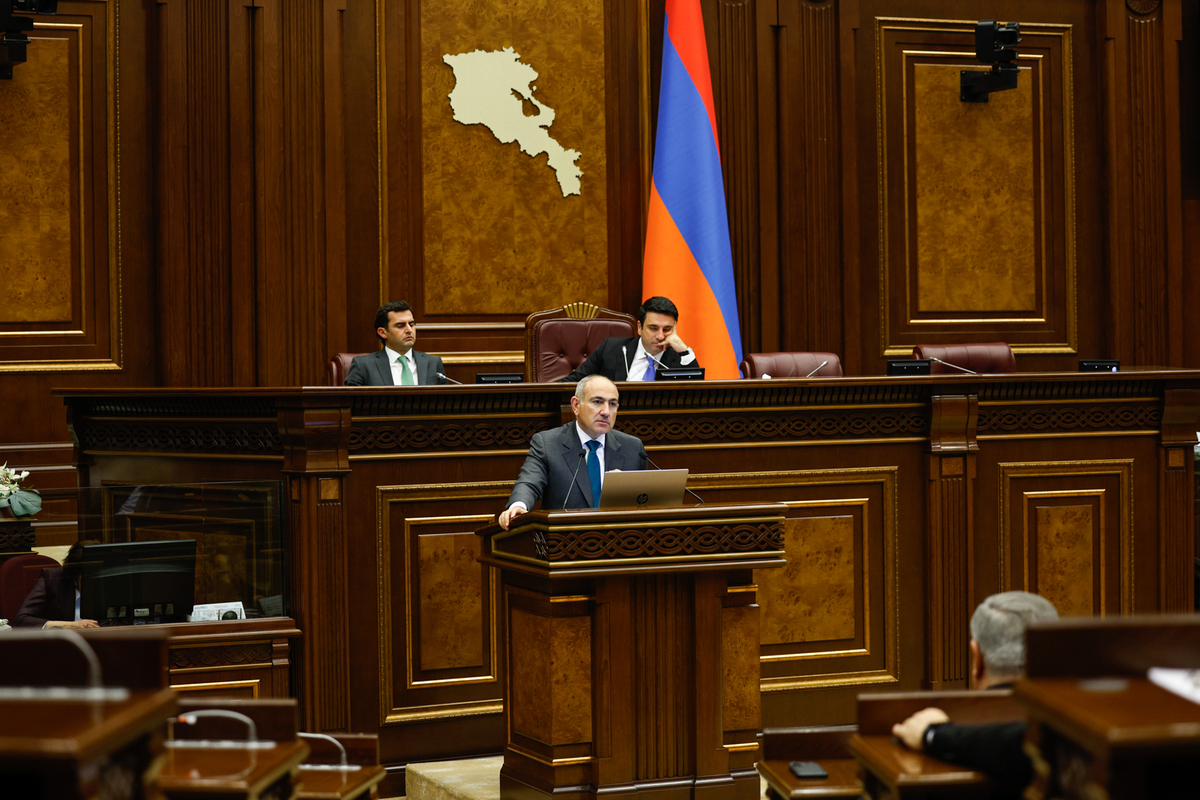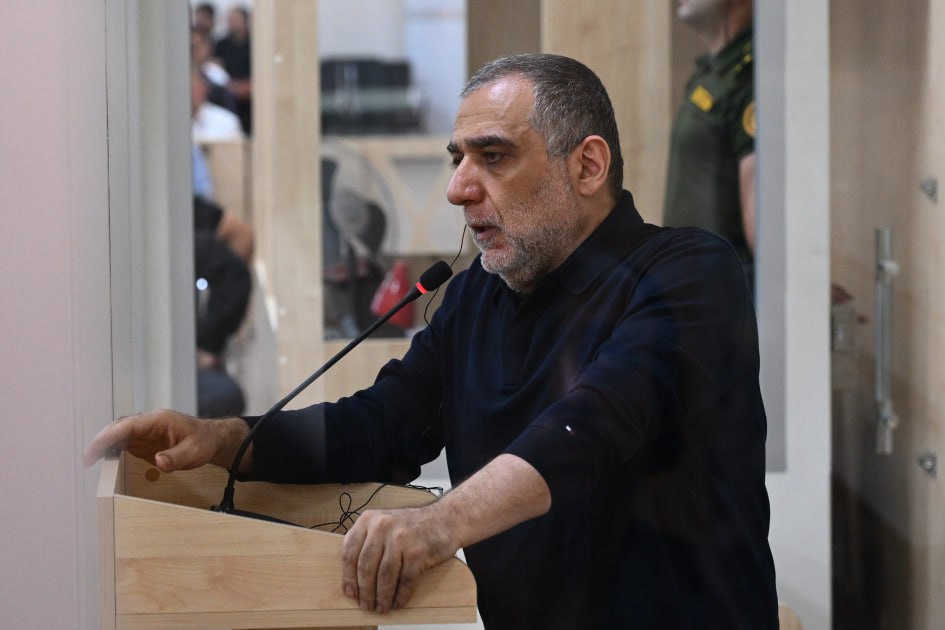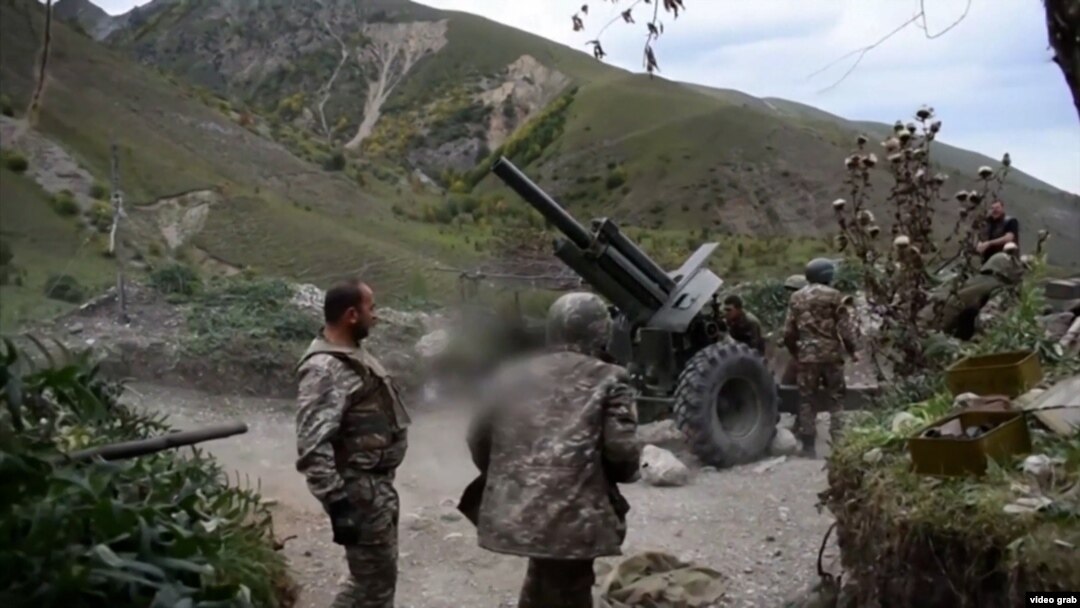How the second Karabakh war destroyed friendships
The 2020 war in Karabakh has changed something in the life of everyone in Azerbaijan. Some rejoice at the opportunity to return to their native village, some mourn the dead. Ayaz and Gunel are among those who have lost friends due to the war, but not at the front.
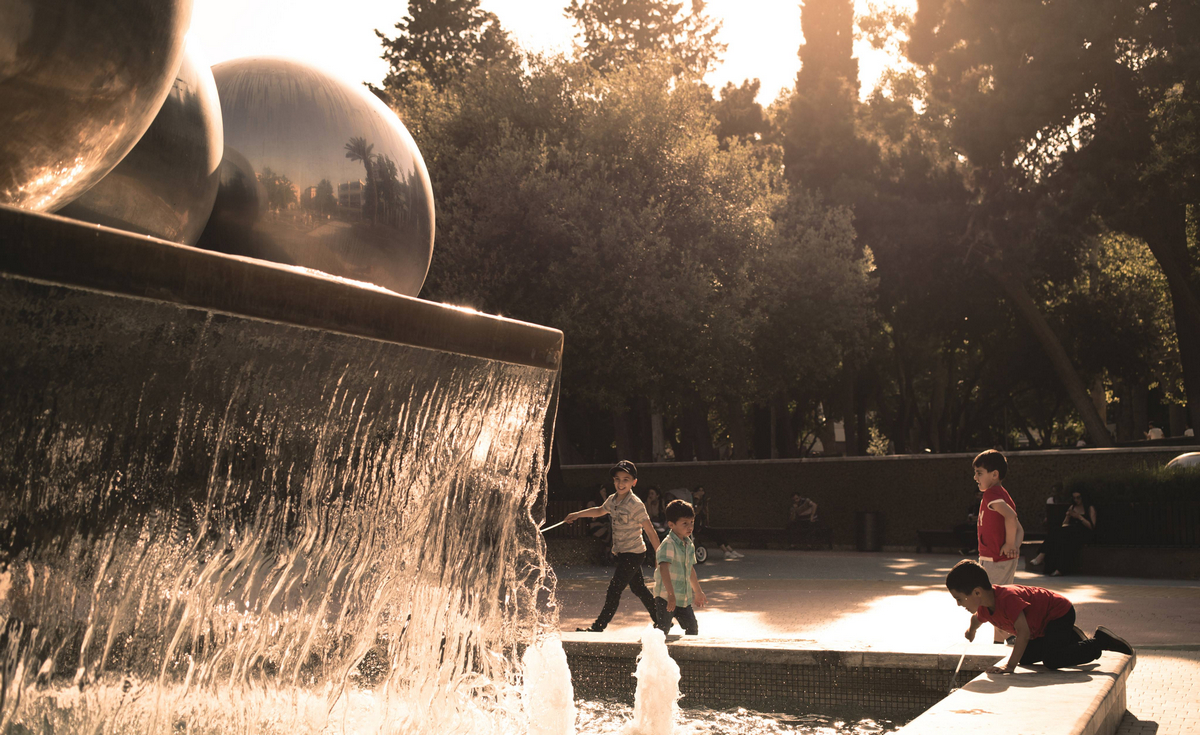
Ayaz
In the fall of 2020, Armenians and Azerbaijanis fought not only in Karabakh, but also on the Internet. Hacker attacks from both sides were common in those days. Ayaz also participated in the information war.
“I am against war – but not when it happens in my home. I told my mother that if I was called to fight, I would not shy away. What a house worth fighting for.
I was not mobilized but my friends were. I was scared – suddenly I could no longer see them again. Something needed to be done. And the only way to stop this was to do everything to help our people win.
At this moment, my hobbies and work skills came in handy – I started creating motivational memes (funny pictures) to reduce psychological stress in society. I constantly carried out cyber attacks on Armenians – thanks to complete carte blanche in those days.
And my memes came back to “punch me in the face”. I had a good friend with whom I met from time to time to drink beer together. He said that my memes were racist, that they were not liberal enough. I tried to explain to him that we are fighting here, that my friends are at the front. He countered with arguments in the style of “we are all children of the earth”, “there are no borders”. Our dispute turned from passive aggression into active – at the end he began to compare me with Hitler, to which I, unable to bear it, replied: if I were Hitler, I would have jailed you for treason. Now we don’t communicate anymore.
Another friend also reacted negatively to my “illiberal” memes. I told her that I hate liberals, and she blocked me. In general, during the war, about forty people unfollowed me quietly “.
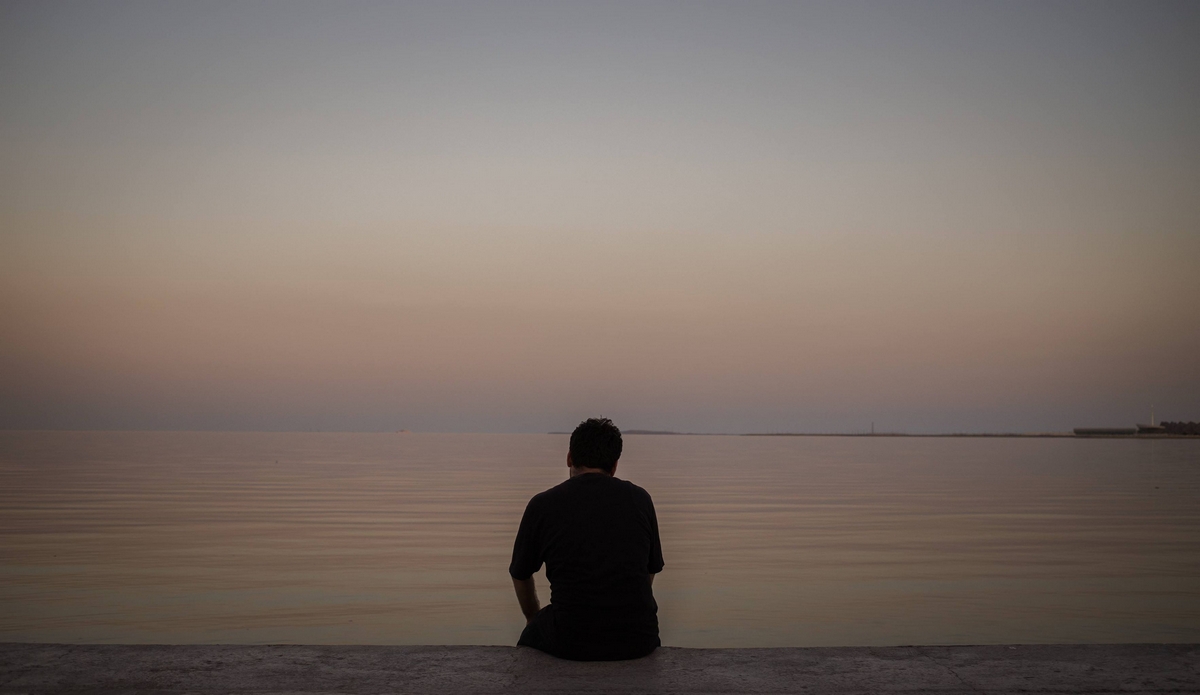
Gunel
Gunel believes that nowadays war cannot be justified by anything.
“When the war began, at first I felt disbelief and indignation. We are people, humanity, we have already understood everything about the human right to life, about the fact that there are no bad and good nations, about the fact that violence only causes violence, that we are fragile and must protect each other and our planet. As it turned out, these are not common truths for everyone.
I found that almost none of my acquaintances shared my position. The closest thing that I have come across – “war is, of course, bad, but …”, and then justifications and attempts to explain why this war is an exception. But for me in this topic there are no exceptions and halftones.
The “keyboard warriors” entered the warpath – an ironic and derogatory nickname suddenly turned into the proud name of Internet ‘fighters’.
Among this army were, in particular, my good friends and even family members, people I liked. They chose memes as their weapons. I’m sick of war memes, it’s hard for me to imagine anything more cynical and disgusting than funny pictures intended to explain why some people have to die.
One of my acquaintances, who voluntarily and happily emigrated from Azerbaijan, wrote something grandiloquent about “returning to the land of ancestors.” In general, I noticed that my emigrant friends were especially active in the “keyboard war”. In my opinion, this is terribly hypocritical and cynical. I used to like this man but now these feelings are gone.
Another good friend of mine seemed adequate and smart to me, so I tried to have a discussion with him. His main thesis was “We didn’t start the war, it was already going on, just not as obviously”. We began to calculate how many years the hidden war had to go on so that the number of victims was commensurate with the real war. It took about 100 years. Unfortunately, he did not listen to me, and the relationship we used to have is gone.
I parted ways with most of my friends forever. Mostly quiet, with no scandals. To some people from the closest environment, from the family, those who cannot be deleted just like that, I simply will never be as close as I used to be before”.
Trajectories is a media project that tells stories of people whose lives have been impacted by conflicts in the South Caucasus. We work with authors and editors from across the South Caucasus and do not support any one side in any conflict. The publications on this page are solely the responsibility of the authors. In the majority of cases, toponyms are those used in the author’s society. The project is implemented by GoGroup Media and International Alert and is funded by the European Union



